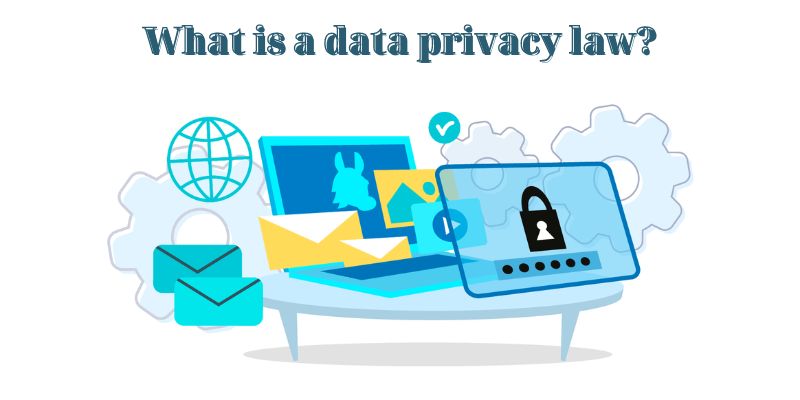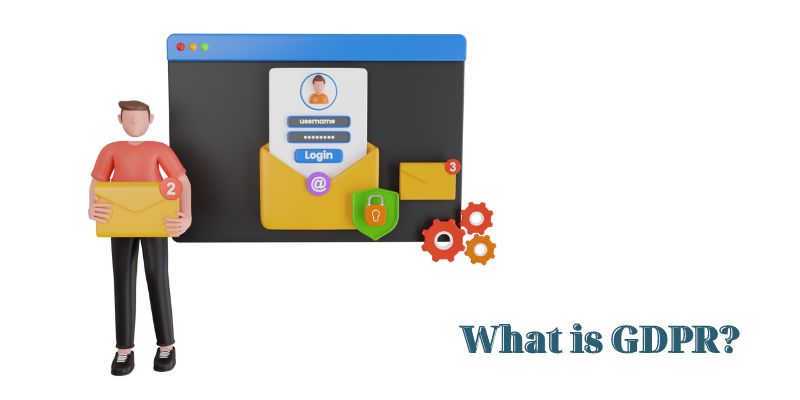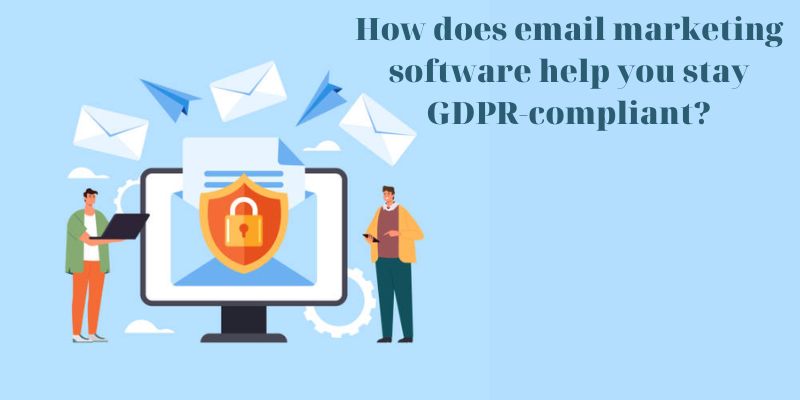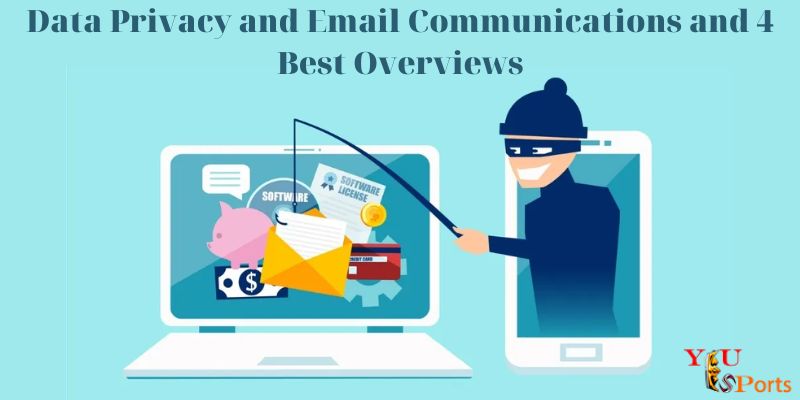Welcome to the era of data privacy and email communications, in which legislative restrictions on the collection and use of personal data by businesses are being adopted by governments all over the world. These regulations have broad implications for practically every element of how companies interact with potential clients online, including techniques like email marketing.
You should be informed of the data privacy rules that apply to your company if you’re planning to start an email marketing campaign. If you don’t follow these laws, you risk paying hefty fines and having your brand reputation suffer. In this article, yeuesports.com will discuss data privacy and email communications and 4 best overviews.
What is a data privacy law? – Data privacy and email communications

What is GDPR? – Data privacy and email communications
The GDPR is the EU’s comprehensive data privacy law, which harmonized the minimum standards across all 27 member countries. No matter where a corporation is based or operates, the GDPR applies to the collection and use of data on any EU-based user. This implies that American companies gathering data on European users are also bound by the law’s provisions. The GDPR mandates that firms acquire consent from people before emailing them as it relates to marketing. The opt-in provision is what is used for this. Make sure you have their express permission before emailing anyone.

Furthermore, as part of the GDPR, businesses must show how consent was obtained and whether any consenting consumers have since opted out or unsubscribed from newsletters (or other email marketing messages). Companies must also refrain from collecting unneeded data and be willing to erase a user’s personal information at the user’s request.
How does email marketing software help you stay GDPR-compliant? – Data privacy and email communications
While keeping your complete email marketing program in-house is an option, adopting an email marketing platform makes it simpler to be GDPR compliant. This is so because these platforms’ programming incorporates these rules.

Data permission
In accordance with GDPR, businesses must have express consent from customers who choose the type of communication they will receive. To put it another way, if someone gives you their email address, you can’t just assume that they agree to receive marketing emails from you; they must explicitly consent for you to send them.
Platforms for email marketing have opt-in forms that users may use to proactively click a box allowing you to send them specific types of information like news, events, and offers.
Boxes to receive information cannot be prechecked; for the authorization to be legitimate, the subscriber must check the box themselves.
Data access and unsubscribe rights
European citizens have the right to be forgotten under GDPR. A corporation must abide by a request from an EU resident for access to, deletion of, or modification of personal data. An unsubscribe link and a link to each subscriber’s customer profile with the possibility to manage email preferences are both included by email platforms in their email templates.
Additionally, opt-in forms on email platforms automatically let users know they can cancel their subscription at any moment, and email footers include a link to do so. To prevent unintentional re-emailing, people who unsubscribe are added to an Unsubscribe list in your account.
Data security
Taking “reasonable and appropriate measures” to protect subscriber data is another GDPR requirement.
To protect subscriber data, major email companies have put in place the following data security measures:
- Physically controlling access to the servers
- Providing network security
- Requiring strong passwords
- Limiting access to administrative accounts
- Having a cybersecurity incident response plan
- Clearing employment with criminal and reference background checks
- Using security patches
- Using virus scanning software
- Updating measures against malware daily
- Monitoring systems 24/7 for intrusions
